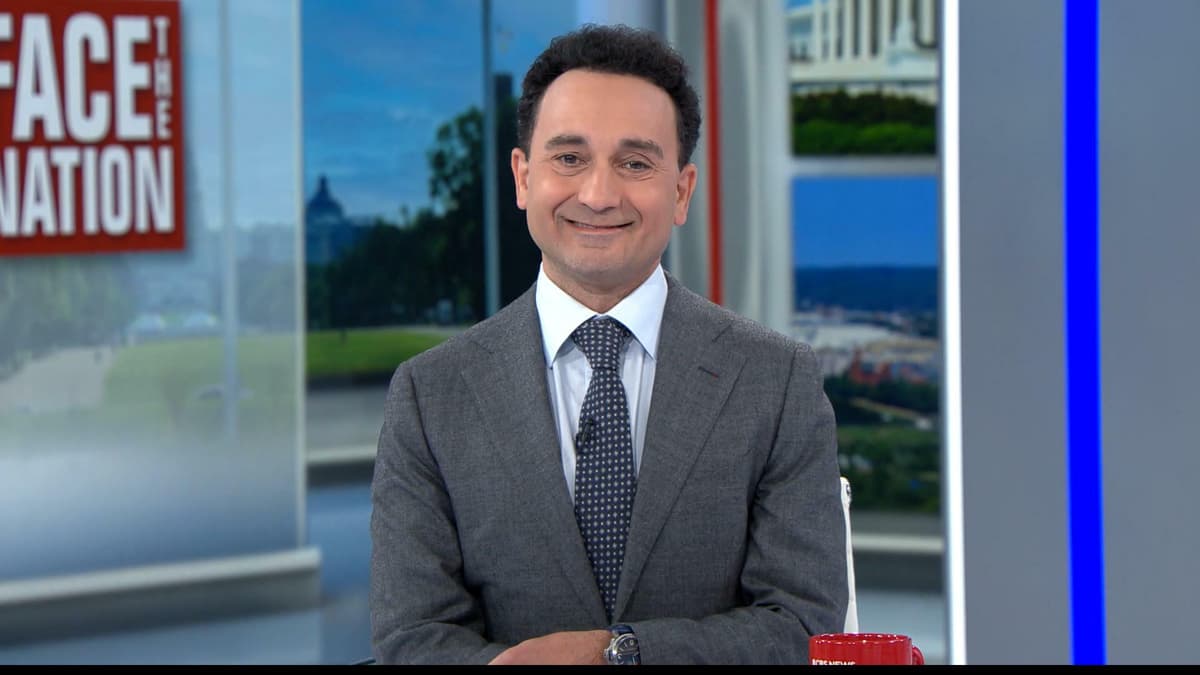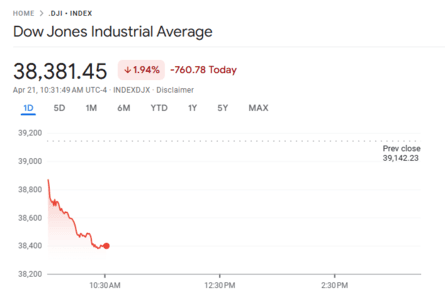19 Year Old Defeats Former Civics Teacher in County Election
A 19 year old candidate has unseated a former civics teacher in a county election that drew nationwide attention, with CBS News running multiple segments from November 9 through November 13, 2025. The upset underscores a growing wave of youth engagement and raises questions about generational change, civic education, and the future of local governance.
Listen to Article
Click play to generate audio

The result in a recent county race drew both national curiosity and local reflection when a 19 year old candidate defeated a former civics teacher in what CBS News characterized as an unusually supportive election. The network featured the contest across several broadcasts between November 9 and November 13, highlighting the surprising scale of backing the young contender received from across the community.
Local offices often escape national notice, yet this contest touched nerves because it pitted a senior educator of civic life against an entrant from the generation civic instruction seeks to reach. Observers said the matchup crystallized broader debates about who should represent communities and how political apprenticeship is evolving. The election also illustrated how modern campaigning and community networks can transform the prospects of very young candidates.
County governments are responsible for a wide range of everyday services from public health to local infrastructure and budget priorities. The victor will soon confront the practical demands of office, managing staff, navigating procurement and oversight, and engaging with county partners. That reality will test how quickly an elected official under the age of 20 can move from activism or community organizing to the procedural rhythms of governance.
Campaigns by younger candidates frequently rely on digital outreach, volunteer mobilization and unconventional endorsements. In this race the degree of intergenerational turnout and support appeared to be decisive, reflecting a coalition that reached beyond typical youth voting patterns. That cross generational backing suggests that messaging and issues selection rather than age alone drove the outcome.
The loss by a former civics teacher carries its own ironies and lessons. Civics education has long aimed to prepare young people to participate in democracy. The teacher’s defeat does not necessarily signal a failure of instruction, rather it highlights a renewed form of engagement in which students and neighbors move from classroom participation to electoral participation. For educators it may prompt reflection on how classroom lessons translate into civic empowerment and how to nurture leadership that can steward institutions responsibly.
The campaign also raises legal and administrative questions that will recur as more young people seek office. Eligibility rules for local positions vary widely across jurisdictions, but many allow persons at this age to hold elective office. Transition planning, legal compliance and mentorship programs will be crucial to ensure continuity of services and to support ethical, effective leadership.
Internationally the election fits into a pattern of younger political actors gaining visibility in democracies around the world. Whether in municipal councils, parliaments or activist movements, youth candidacies are reshaping expectations about experience, legitimacy and representation. For the county in question the immediate test will be how the new office holder navigates the operational realities of governance and whether the electoral enthusiasm that brought them to power translates into sustainable public service.


